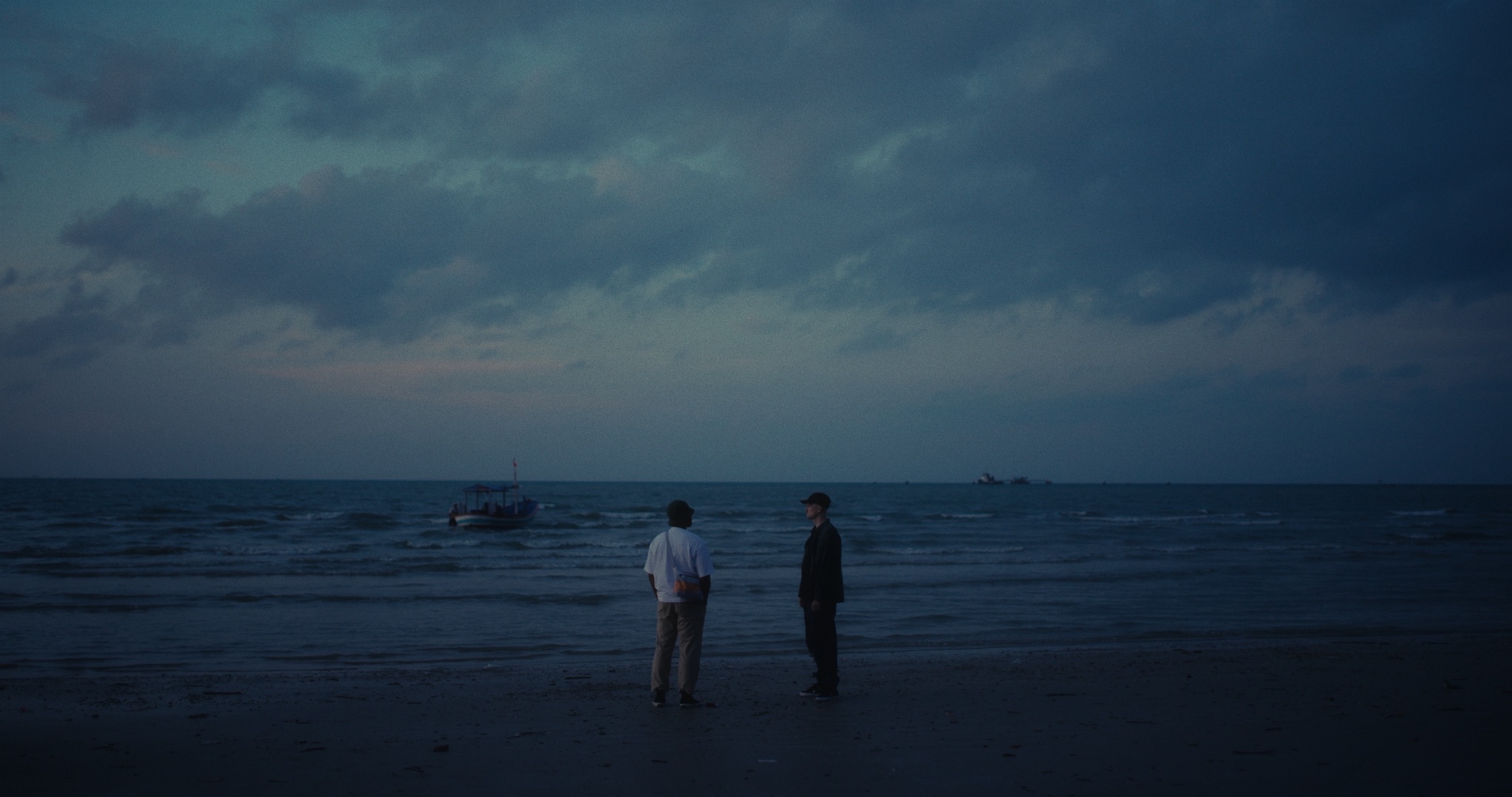Kleinkinderen van de Oost
2023, 74 minutes
Daan van Citters and Joenoes Polnaya retrace the footsteps of their grandfathers in Indonesia. They both fought for the Netherlands against Indonesian independence: Daan’s grandfather as a Dutch war volunteer, Joenoes’ as a Moluccan soldier. Their probing journey forces them to ask themselves some difficult questions about guilt, shame and transgenerational trauma.
‘How can I carry blame for something that I didn’t do?’ filmmaker Daan van Citters (29) asks. His grandfather participated in what the Dutch for long euphemistically called the ‘police actions’, during which large-scale atrocities were committed in Indonesia. And not only that, but his ancestors were very high-up in the Dutch East India Company, which robbed the Indian archipelago during the 17th and 18th century.
The Moluccas, where Joenoes ancestors came from, were also known as the spice islands. These were brutally conquered by the British, Portuguese and Dutch alike for their rich spices such as nutmeg and cloves. When the Dutch East India Company went bankrupt and the debt was taken over by the Dutch state, this defacto created the colony of the Dutch East Indies. To keep the huge territory in line, the Royal Dutch East Indies Army (KNIL) was formed. Many Moluccans were also recruited for this army. With steady pay and adventure on the horizon, this was attractive work for many young men.
On the set of the feature film The East, telling the story of the Indonesian War of Independence, Daan and Joenoes (32) became friends. Polnaya’s grandfather fought for the Dutch as one of the many Moluccan soldiers in the Dutch Colonial Army. The Moluccans were very badly betrayed by the Dutch government after the war was over, and Indonesia won its independence. Their brave and vulnerable journey confronts Daan and Joenoes with complicated questions of right and wrong, victims and culprits. And with the way the actions of their ancestors shaped who they are today.
Credits
- Themes
- Crimes against humanity and war crimes, Family, Identity, Racism and/or discrimination, War and armed conflict
- Suitable for
- havo/vwo - bovenbouw
mbo - niveau 3 & 4
vmbo t - leerjaar 3 & 4 - Director
- Daan van Citters
- Country of production
- Netherlands, The, Indonesia
- Duration
- 74 minutes
- Year
- 2023
- Age rating
- 12 angst geweld grof taalgebruik
